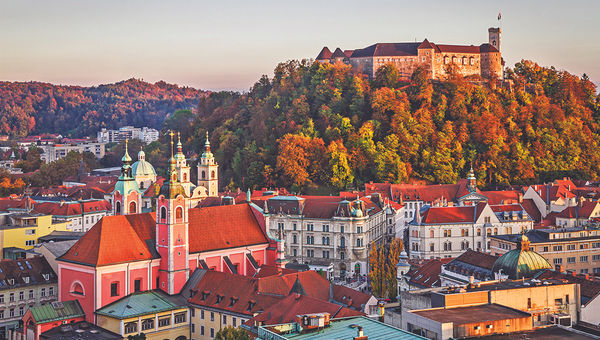Last month in Dubai, Jumeirah Hotels, the company behind what has long been billed as the world's most luxurious hotel, opened its newest property, the Jumeirah Al Naseem, a disruptor of sorts for the brand that helped make the Emirate a global symbol of opulence.
A contemporary, more casual property situated in the Madinat Jumeirah resort complex adjacent to and sharing a private beach with the Burj Al-Arab, the hotel is decidedly un-Dubai, focused on authentic Arabian art and cultural experiences rather than on shopping and opulence.
Described by Sandra Farrero, the director of marketing and communications for Madinat Jumeirah, as "the naughty younger brother" to the famed, sail-shaped Burj Al Arab that stands as a symbol of modern Dubai, the Al Naseem is the first of its kind for the 20-year-old Jumeirah brand, and it underscores the continuing evolution of luxury travel.
"Understated," "brilliant basics," "personalized," "real" and "timeless" are just a few of the terms luxury hoteliers and travel companies use to describe the array of products being developed to meet what studies indicate will be the continued dizzying growth in luxury tourism and demand for authentic experiences over things.
According to figures presented by Chris Sanderson of the Future Laboratory, who spoke during a media breakfast sponsored by Ritz-Carlton at last month's International Luxury Travel Market in Cannes, France, households with a net worth of $24 million or more will increase their purchase of luxury goods and services by 80% by 2020. And affluent travelers as a whole will spend almost $2.2 trillion on experiences by 2025, compared with $1.2 trillion on material goods.
"This is good news for hospitality and travel, bad news for handbags," Sanderson said.
And it's a trend, he said, that is expected to grow among young travelers.
Despite having less buying power than baby boomers, millennials, he said, are the most likely demographic to have purchased luxury goods or services in the past 12 months, while all categories of generations that capture those currently under the age of 52 will control 85% of luxury spending by 2025.
A separate study, the recent Spending & Saving Tracker survey from American Express, found that 73% of travelers are willing to go over their budget for unique local experiences, and more than half are willing to splurge on local cuisine.
The trends are far from new. So-called experiential travel has been the dominant theme of the luxury travel industry's dramatic boom and recovery from the backlash against opulence that saw demand for traditional luxury collapse during the recession.
But 2017 promises a host of launches of luxury hotels and travel packages in far-flung locations that may send even the most seasoned of travelers to Google Maps to find out where exactly they are.
While smaller luxury travel companies have long focused on off-the-beaten-path excursions, even the major hotel companies are aggressively scouring for exotic and unlikely locales.
InterContinental, for example, recently announced plans for projects in Ljubljana, Slovenia; Sofia, Bulgaria; and Tbilisi in the Republic of Georgia. And American Express said Ulaanbaatar, Mongolia; Goa, India; even Bozeman, Mont., were among the top trending destinations identified by its agents for 2017.
Perhaps the best news for the travel professional community in the year ahead is the growing demand for personalization and service and what it means for travel agents.

InterContinental Hotels will open a hotel in Ljubljana, Slovenia, in 2017. Photo Credit: Photo by Tomas Kulaja/Shutterstock
The American Express survey of affluent travelers found a 79.7% increase in the number of travelers using travel agents last year, underscoring the value of developing services that appeal to increasingly discerning luxury travelers.
"Today's forward-thinking travelers expect immediate, one-stop-shop, customized travel experiences," the company said in its Spending & Saving Tracker report.
"We're seizing this opportunity by cultivating a team of lifestyle experts with unparalleled relationships and in-depth industry knowledge to offer today's savvy global traveler elements of the trip beyond air and hotel, from VIP access to local insights on the newest restaurants to one-of-a-kind, extraordinary experiences."
Ultimately, said Chris Cahill, head of luxury brands for AccorHotels, the ongoing evolution is, to some extent, "a back to the basics," knowing who your customers are and what they want and having a team that can deliver. "It's really a simple philosophy," Cahill said.
Jeri Clausing is a contributing editor who covers luxury travel for Travel Weekly.